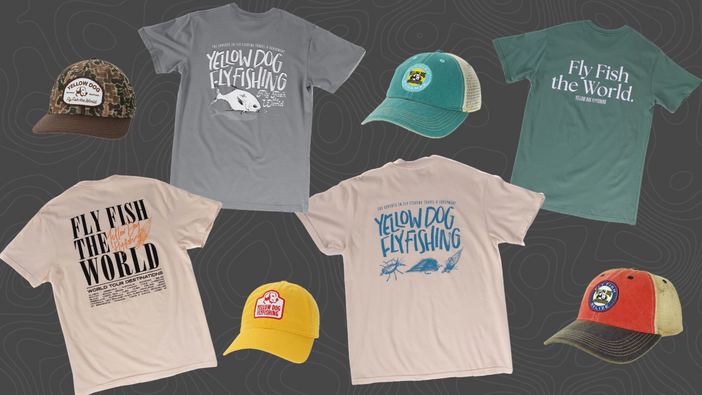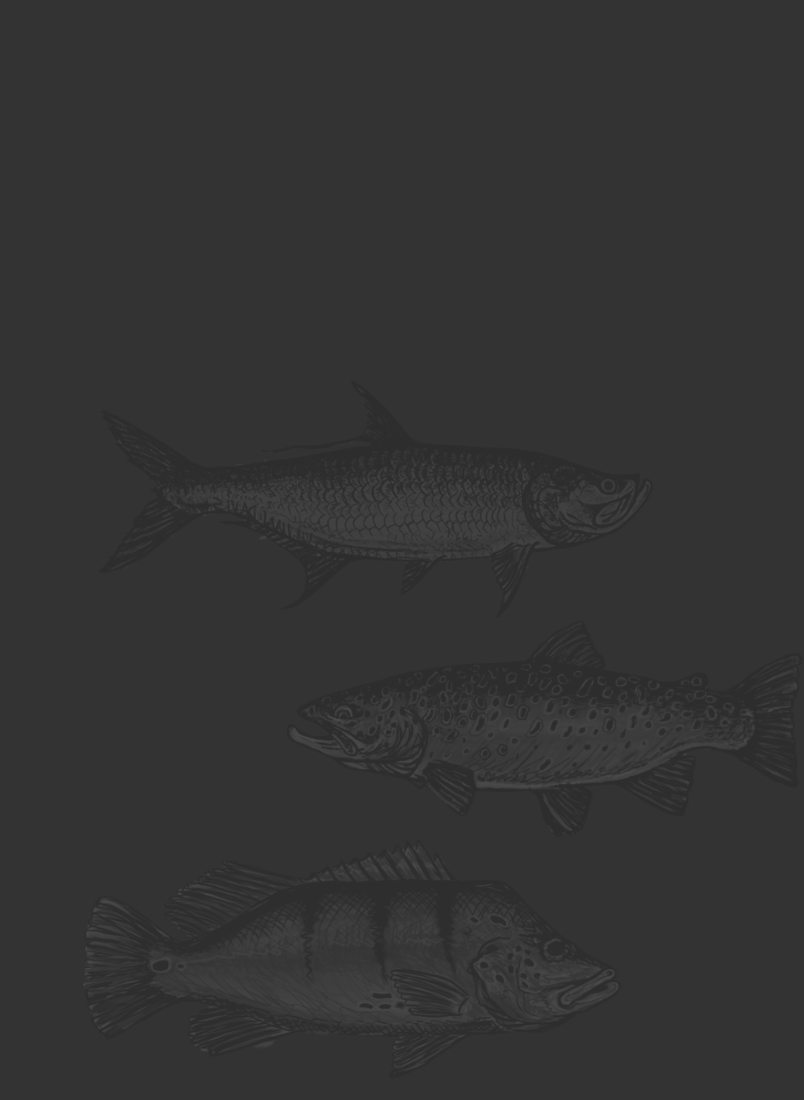I was born in Montana. I’ve spent my entire life fishing and exploring the different waters in my great state, and only a handful of times have I lived anywhere else – once when I was in college on the East Coast, and the second time when I worked in Patagonia, Argentina. I need more fingers to count the number of times I’ve heard, “Imagine Montana 80 years ago.”
Images of the Maclean brothers tromping around in the Blackfoot River come to mind. Rugged peaks stand guard over endless miles of untouched water chocked full of trophy-sized fish. Those images of Montana naturally drew me to seek out places of equal grandeur and adventure. I think for any Montana boy, fly fishing in Patagonia, Argentina holds certain lore, a place of unimaginable wilderness with pristine rivers and giant trout.
I boarded a plane with a backpack and fly rods and practiced my Spanish verbs as I prepared to make Patagonia, Argentina home for the next six months. I believe in another life I was from Argentina. I have an affinity for wine, barbecued meat, beautiful women, sad Tango music, and big fish. In a lot of ways, I did find Argentina looked a lot like Montana – maybe even the Montana of all those years ago. Cowboys, Gauchos, dot the arid landscape. And you can watch as they herd their cattle from atop a horse, always followed closely behind by a pack of ranch dogs. Even the fishing was similar, and I felt right at home throwing mayflies and hoppers – that’s how I grew up. However, something that was not all that Montana-ish was the vegetation.
I know there’s bamboo in China, but little did I know Argentina’s home to a native bamboo called the Colihue. It differs slightly from the Asiatic bamboo in that it has solid shoots, not hollow. I think it was after a hard day of fishing a remote lake while navigating down a dirt road, that couldn’t have been any more narrow that the guide explained the bamboo bloom.
Bamboo bloom?
Martin Majul, a Patagonia fishing guide of twelve years who eventually became a dear friend, explained exactly what happened in 2014. Now let me paint you a picture of Martin. Imagine a circus, comedy troop, a four-year-old that’s had too many candy bars, and all the seriousness – while fishing – of a military sniper and tactician; throw in an Argentine accent, and you have Martin. When Martin gets excited about something, everyone knows. Well, when he explained the significance of the bamboo, I think his level of excitement registered well beyond the Richter scale, “The bamboo only blooms once every 70 years, and then it dies. But I was lucky enough to be alive!”
Martin explained that when this truly, a once-in-a-lifetime event occurs, the bamboo blooms with little purple flowers. It then drops little oat-sized seeds, and no one likes those seeds more than the mice. He hurriedly said, “I remember fishing the Arrayanes River, and there were mice everywhere! We were being careful with our food because we didn’t want to get the mice in our supplies. Mice would go and drink out of the river and would fall in.” I’m not sure if Martin took a breath during the entire conversation, but he carried on regardless, “well the trout know that finding food in the river is easier than the lake, and subsequently these enormous fish would come down the river and eat the mice. Even if you didn’t have a mouse pattern, you could throw in a big streamer and make it look like a mouse, and that worked!”
I was starting to understand just how big this event was. This sort of phenomenon didn’t exist in Montana. “The fishing was good during the bloom,” he continued, “but I remember most that the fishing was truly great the following season. We were finding big trout in the Rivadavia, Carrileufu, and Arrayanes rivers- HUGE trout! They all thought it was going to happen again and were looking for it! But obviously, it didn’t happen.”
At this point, I could tell Martin was starting to get a little sad- remembering an event that he’d probably never again experience. I also realized that I’d likely never see, nor fish, something quite like this mouse incident. But with that quintessential Martin enthusiasm, he quickly reminded me why everyone needs to fish Argentina. “In Patagonia, we have huge water systems with a bunch of fish. In the early and late season in April, all the browns are in the rivers. And then February brook trout start to spawn, and there are HUGE brook trout! They’re in the rivers all through May.” I could tell by his quickening speech that the big brook trout was an entirely different conversation and one that I would want to sit down and pick his brain later.
These were the stories that this Montana boy could only imagine. Argentina will always be compared to Montana, but that’s because it’s an easy comparison. Both have world-class trout fishing – literally, there are movies about it. But Argentina’s also, uniquely, its own place. While throwing big mouse patterns to big trout may be a once-in-a-lifetime event, in the words of Martin Mahul, “There are an entire six months of big trout available!”
Get Prepared For Your Next Patagonia Trip
+ Shop Our Patagonia Equipment List
Related Articles:
Large Brown Trout of Patagonia and where to find them
Wade Fishing destinations in Patagonia
Unique Wade Fishing Destinations in Patagonia
The Ultimate Guide to Argentina Fly Fishing
The Ultimate Guide to Chile Fly Fishing





























